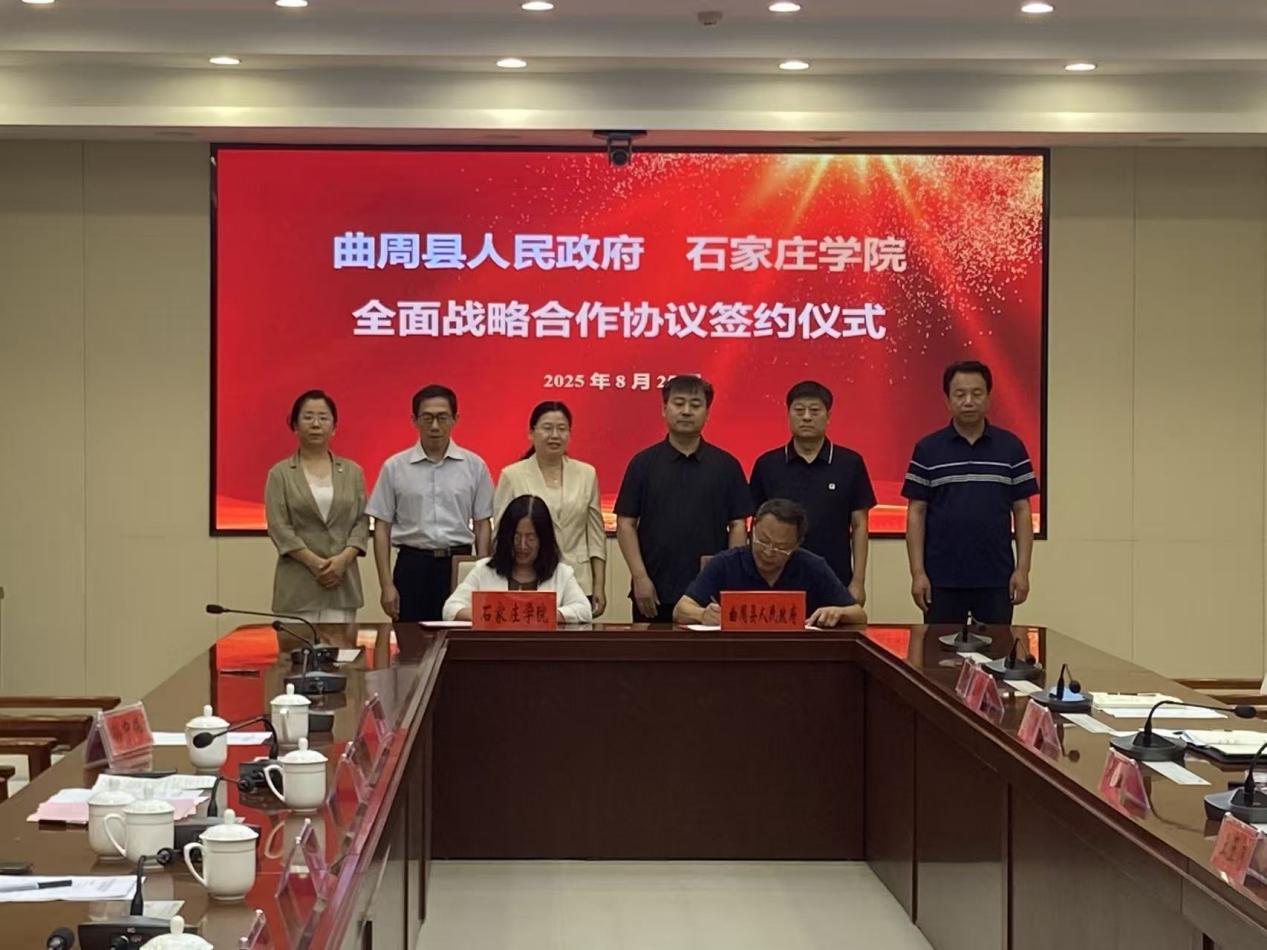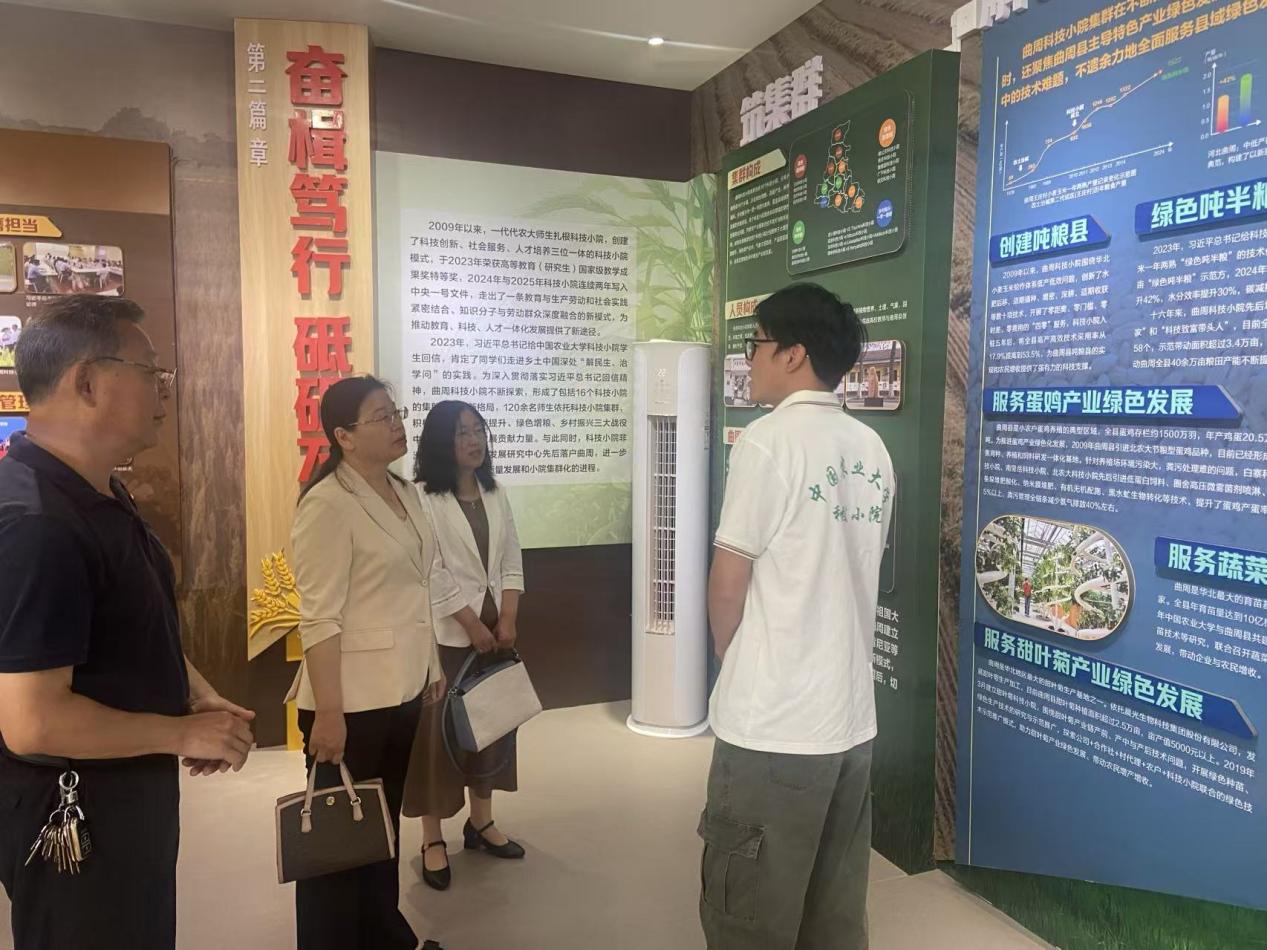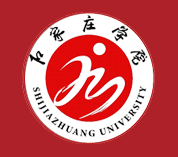On August 25, President Wang Yongqin and Vice President Li Juan of our university lead a delegation to Quzhou County to sign a strategic cooperation agreement. Niu Lixin, Deputy Secretary of the Quzhou County Committee, along with county leaders Wang Yuhe and Wang Xiaofeng, attend the signing ceremony. Representatives from relevant departments of Quzhou County, as well as heads of relevant departments and schools of our university, participate in the event.
At the signing ceremony, Wang Yongqin introduces our university’s overall situation and its strengths in university-enterprise cooperation. She points that Shijiazhuang University’s strategic positioning and development goals are highly aligned with those of Quzhou County. The university will leverage its advantages in disciplines, scientific research, and talent to closely address the economic and social development needs of Quzhou County. It will actively engage in interactive exchanges and collaboration, providing strong intellectual support and talent resources for the county’s growth. She hopes that both parties will take this signing as an opportunity to expand cooperation areas, innovate collaboration models, and promote sustained and in-depth development of their partnership, achieving mutual complementarity and mutual benefit.
Niu Lixin introduces the basic situation of Quzhou County and the evolution of its industrial system, and expresses gratitude on behalf of the Quzhou County Committee and County Government for the attention and support provided by our university. He hopes that both sides will take the signing of the strategic cooperation agreement as an opportunity to fully leverage Shijiazhuang University's strengths in disciplines, specialties, and talents, and to carry out multi-level, multi-dimensional, and sustainable collaboration. By combining the strengths of the university and the local government, practical cooperation will be pursued in talent cultivation, industry-education integration, technological innovation, basic education, and other areas. This will help elevate Quzhou County's economic and social development to new heights and jointly write a new chapter in university-local cooperation.


Subsequently, Li Juan and Wang Yuhe signed the strategic cooperation agreement on behalf of both parties.
During the meeting, the deans of four schools—the School of Chemical Engineering/Biopharmaceuticals, the School of Mechanical and Electrical Engineering, the School of Geographical Sciences and Environmental Engineering, and the School of Future Information Technology—provide an overview of their respective schools’ collaboration with the local community based on practical circumstances. They engage in full, candid, and pragmatic discussions with representatives of Chenguang Biotechnology Group Co., Ltd. and Hebei Hengbo New Material Technology Co., Ltd. on topics such as technological research and development, innovation, invention outcomes, and transformation, all within the context of university-local cooperation.
Before the signing ceremony, the delegation led by Wang Yongqin visits the Science and Technology Yard of China Agricultural University in Quzhou County for an inspection and exchange. They hold cordial conversations with students stationed at the Yard, learning about its development, university-local cooperation, and the current status of students’ internships and practical activities. They also engage in discussions with relevant departments of Quzhou County and enterprise representatives on related issues.
The signing of this comprehensive university-local strategic cooperation agreement manifests our university's commitment to its regional and application-oriented positioning, reflecting its mission to serve local economic and social development. It is set to inject strong momentum into Quzhou County's high-quality economic and social growth and accelerate the realization of our university's goal of becoming a first-class application-oriented institution, contributing significantly to building a modern and beautiful Hebei.
(Contributor: Academic Affairs Office; Editor: Gu Wei)
 stamp
stamp

 stamp
stamp

